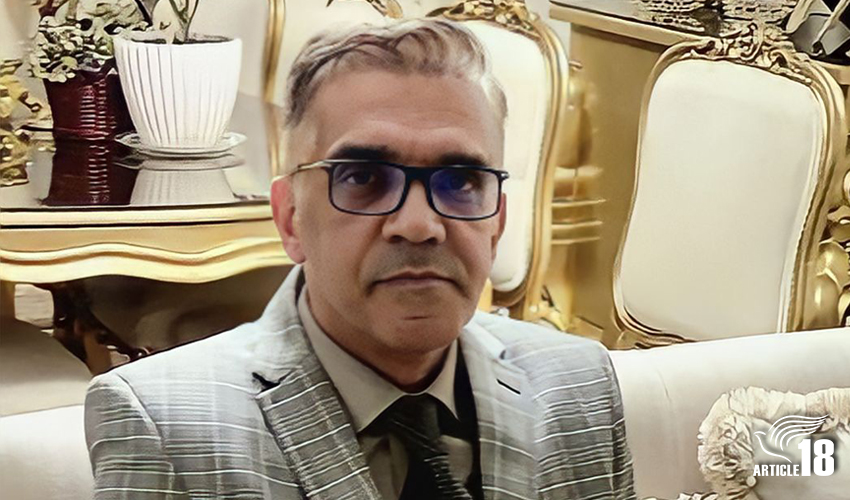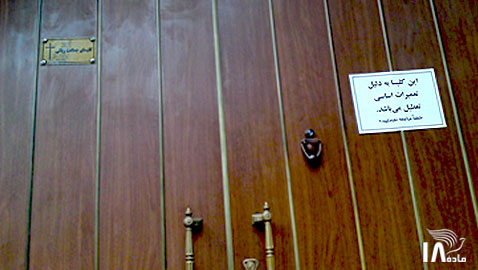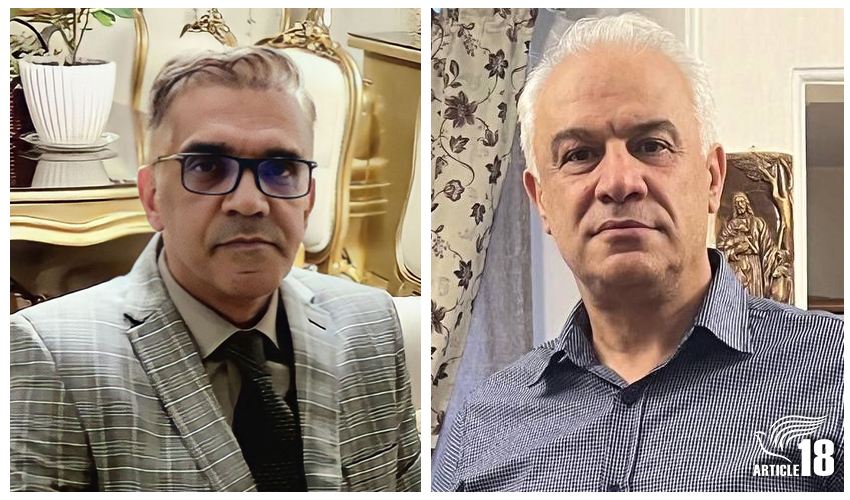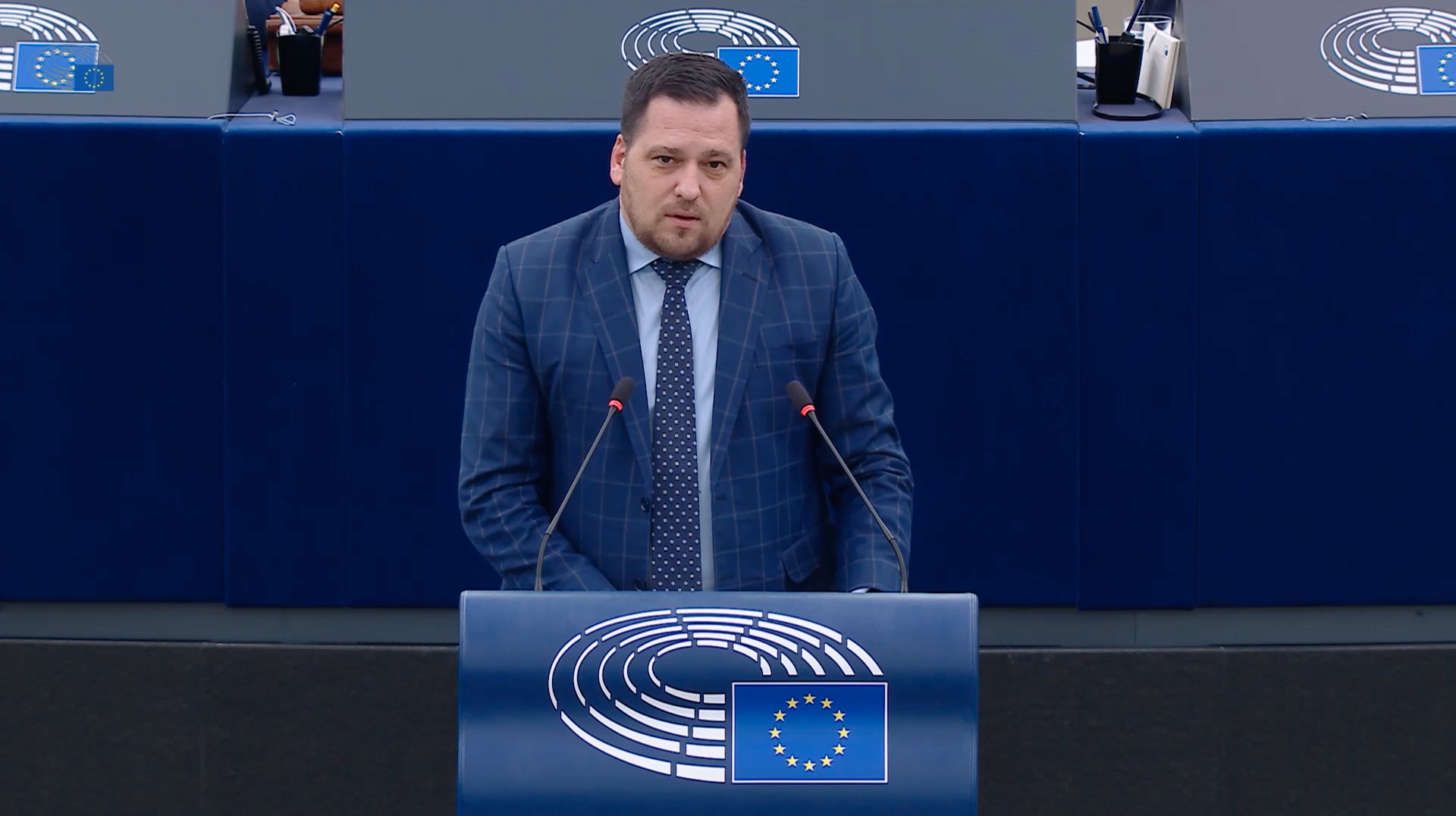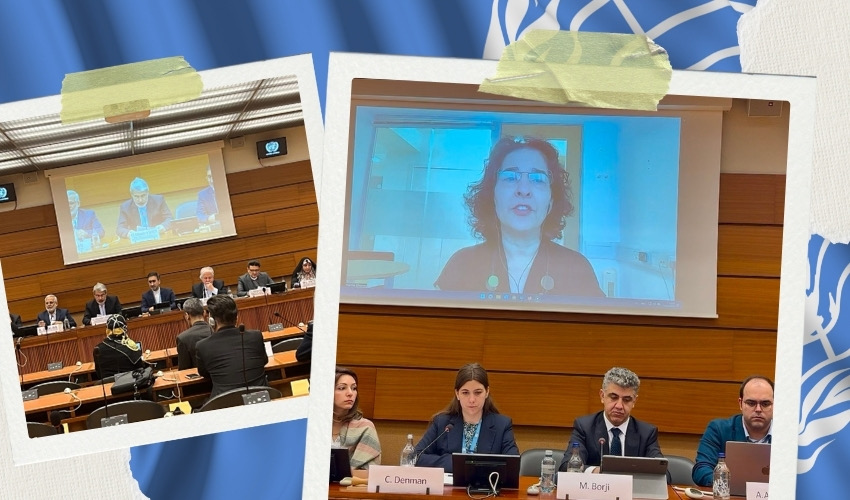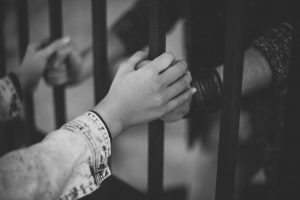
by Steve Dew-Jones | 4 Mar 2025 | News
Iranian Christian convert Nasser Navard Gol-Tapeh remains on hunger strike in Tehran’s Evin Prison, nearly one month after his re-arrest. The 63-year-old was rearrested on 6 February, the same day as fellow former prisoner of conscience Joseph Shahbazian, an...

by Steve Dew-Jones | 4 Mar 2025 | Features
This article, written by Iranian-American journalist Tara Jamali, was first published by Premier Christianity magazine, under the headline, ‘The Iranians stormed this church and forced its closure. But I’ll never forget the Christians I met there’, and is republished...

by Steve Dew-Jones | 10 Feb 2025 | News
Two Christians in their 60s who were “pardoned” and released after a combined six years in prison on charges related to their leadership of house-churches have been re-arrested, Article18 understands. According to Article18’s sources, Nasser Navard Gol-Tapeh and...

by Steve Dew-Jones | 31 Jan 2025 | News
The European Parliament has included specific mention of the pressures Christian converts face in its latest resolution on Iran. The resolution, adopted last week, “condemns the Iranian regime’s … persecution of minorities”, including “Christians facing persecution...

by Steve Dew-Jones | 30 Jan 2025 | Analysis
Two side events the day before Iran’s Universal Periodic Review (UPR) at the United Nations in Geneva last week highlighted once again the chasm between what the Islamic Republic says about its treatment of religious minorities and the reality of their lived...
